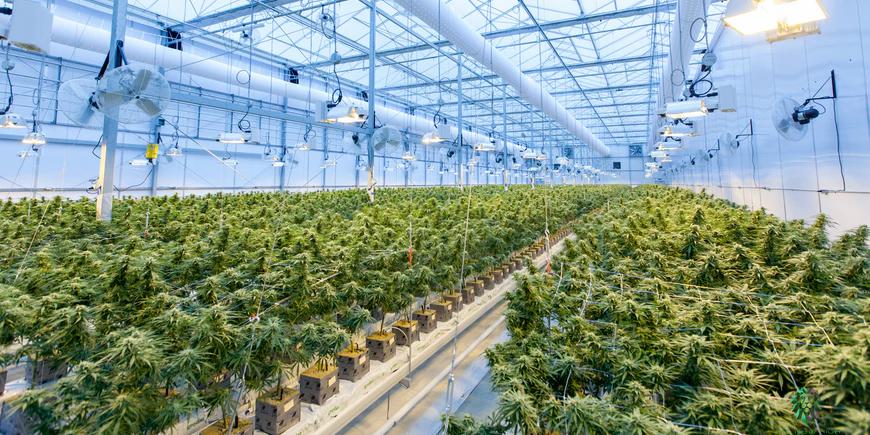The state of Alabama is poised to issue its first licenses to grow, process and prescribe medical marijuana, but already the marijuana industry announced that it wants changes to the state’s medical cannabis law. Alabamians 4 Medical Cannabis Freedom announced on Wednesday an ambitious legislative agenda for the 2023 Alabama Regular Legislative Session.
“As a team we have agonized over these initiatives for months,” said the group’s founder, Melissa Mullins. “We wanted to make sure we included everything. While there are multiple issues, these are our TOP 6, and the ones that we feel are of the most importance.
“I am pleased to announce our Asks/Initiatives for the 2023 Legislative Session. We look forward to continuing our work with the Alabama Legislature and the Cannabis Commission to further safe access for our patients.”
The group’s announced legislative agenda includes:
1. Support small businesses and farmers. Create more appropriate and realistic requirements for small business owners and small farms that want to operate a dispensary, integrated facilities, or be a cultivator, processor or transporter.
2. Be inclusive. Allow both certified physicians and nurses to input information into the patient registry. Currently the law only allows certified physicians to do so.
3. No dosage caps. The law says the cap is 50mg with a maximum dosage of 75mg. In order for cannabis to be effective and most beneficial, the dosage must be flexible, the group claims.
4. Reinstate the option that allows physicians to petition the Commission for the addition of qualified medical conditions.
5. Reinstate the reciprocity clause. By reinstating the reciprocity clause, patients will be able to travel to and from Alabama to be issued medical cannabis.
6. Decriminalize cannabis and expunge cannabis charges. According to the Democratic party chair, Representative Chris England, support for the stiff penalties against marijuana possession in state law is costly. He also acknowledged that maintaining the criminalization of cannabis does not make societies safer.
On the issue of dosage, Mullins added that, “There is also a clause in the current law that requires physicians to report to the appropriate authorities when a patient requires a dosage of 75mg or up, so their [driver’s] license can be suspended. This is a direct assault on patient rights. How would the patient get to the grocery store for food? How would the patient get to work? How would the patient get to other doctor appointments? This protocol will force some patients to commit a crime, based solely on a medical condition. Furthermore, this cap will push more and more people to the black market for product; essentially putting patients at risk for laced or chemically unsafe products. Purity and quality are of the most importance to patients.”
Critics argue that the legalization of medical marijuana will lead to more impaired drivers on the road. Any effort to raise dosage limits will likely be opposed by law enforcement and road safety advocates.
The Alabama Medical Cannabis Commission will begin accepting applications from companies seeking a medical marijuana grower, processor, transporter, or dispensary license on Sept. 1. The first medical marijuana sold in the state under the law will likely not be available to consumers until sometime in 2023. Only persons with a qualifying medical need who have received a recommendation for the product from their physician will be able to purchase the medical cannabis. Medical cannabis is not covered by insurance, and there is no financial assistance available for persons of limited means.
The 2023 Alabama Regular Legislative session will begin on March 7.
To connect with the author of this story, or to comment, email brandon.moseley@1819News.com.
Don’t miss out! Subscribe to our newsletter and get our top stories every weekday morning.










